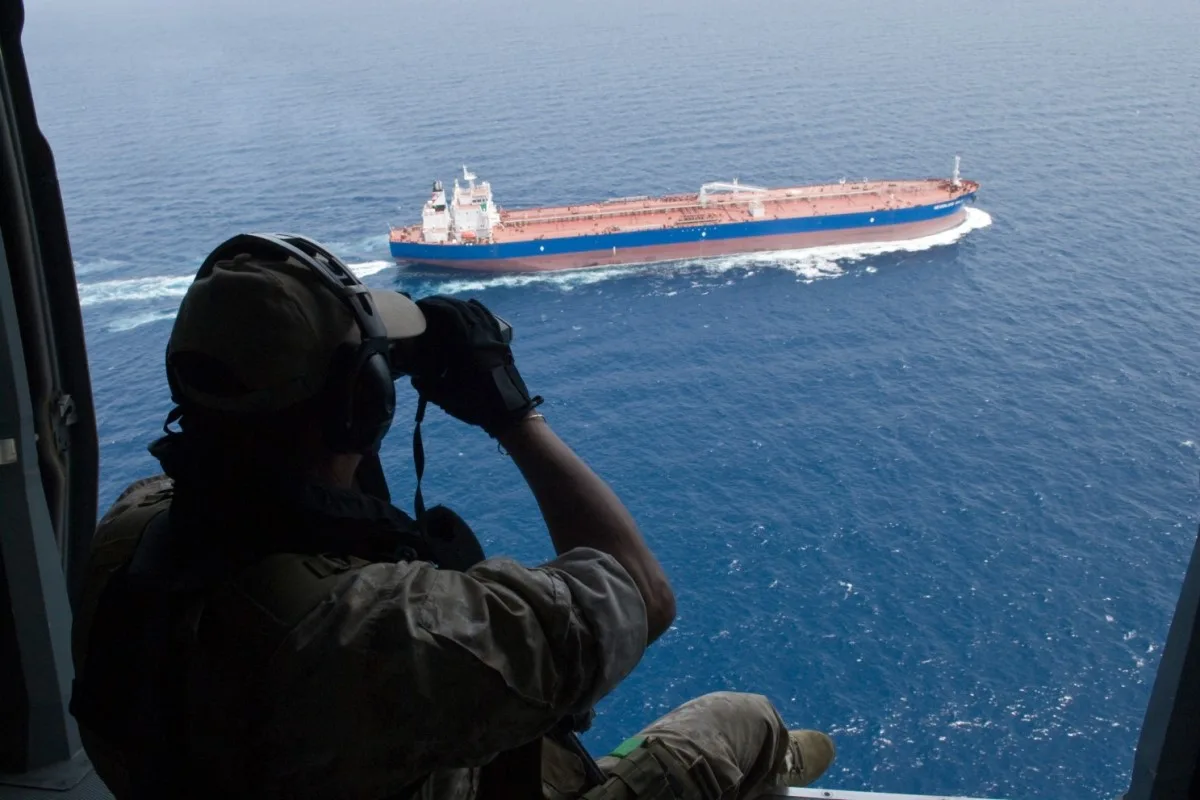The International Maritime Bureau (IMB) recorded an increase in piracy and armed robbery incidents off the coast of Somalia during the first half of 2024.

IMB is an independent and non-governmental agency based in Kuala Lumpur that raises awareness within the shipping industry about high-risk areas with pirate attacks and specific ports or anchorages where armed robberies have occurred.
According to a report launched by the entity covering the months between January and June this year, titled ‘Piracy and Armed Robbery Against Ships,’ Somalia was identified as a major hotspot for maritime crime.
The report released on Friday revealed that Mogadishu was responsible for seven incidents during the first half of 2024.
“Of the incidents reported near Somalia, two involved ships being boarded, three were hijackings, one vessel was fired upon, and there was one attempted attack,” the report read in parts.
It added, “This uptick is part of a broader trend of rising piracy activity in the region. It reflects ongoing challenges in securing these waters.”
Categories of incidents recorded
The report categorised the incidents into four main types: boarding, hijacking, being fired upon, and attempted attacks.
IMB’s findings have raised alarms within the international maritime community, and stakeholders are calling for enhanced security measures and coordinated efforts to combat piracy.
John W.H. Denton, the Secretary General of the UN International Chamber of Commerce (ICC), said there has been a reassuring fall in the overall number of reported acts of piracy.
Mr. Denton said he was primarily concerned with the rise in violent incidents in the sea and the severe consequences these acts of piracy have on crew members, vessels, and cargo.
He underscored the need for continued vigilance from the international community to ensure the safety of all seafarers.
“There is no room for complacency. Especially during this time of heightened uncertainty for maritime transport,” he said.
The document says 60 incidents were reported, with 46 vessels boarded, eight reporting attempted attacks, four hijacked, and two fired upon.
It was further noted that perpetrators successfully boarded 84 per cent of targeted vessels.
Michael Howlett, the director of the International Maritime Bureau (IMB), said while the decline in reported incidents is welcome, sustained and continued regional maritime cooperation remains essential to safeguarding seafarers, global shipping, and trade.
“We continue to urge caution around Somali piracy incidents and call on all vessel owners and masters to harden their vessels and follow all recommended guidelines in the latest Best Management Practices while transiting Somali waters,” Mr Howlett said.
The documented incidents include kidnappings, assaults, and threats to crew safety, highlighting the dangerous environment seafarers face in these waters.
IMB’s report also indicates that the perpetrators in Somalia are often heavily armed, with a notable increase in the use of guns.
In the first half of 2024, 14 incidents involved firearms, marking a worrying trend towards more violent encounters at sea.
“Despite these efforts, the persistent threat in Somali waters underscores the need for continued vigilance and international cooperation,” the maritime agency recommended.
The seafaring institute has urged all vessels transiting through high-risk areas to adhere to best management practices and report any suspicious activities immediately to the PRC.
“The rise in piracy incidents off the coast of Somalia is a stark reminder of the ongoing challenges in securing the world’s maritime routes,” it said.
It has called on the international community to strengthen efforts to combat piracy and ensure the safety of seafarers and vessels navigating these perilous waters.
The entity assists local law enforcement agencies in apprehending criminals and works closely with international bodies like the International Maritime Organisation (IMO) to enhance maritime security.
Piracy in Somalia emerged as a significant threat to international shipping in the early 21st century, particularly between 2005 and 2012.
The era witnessed Somali pirates seizing numerous ships and demanding large ransoms for their release. Factors such as the collapse of the Somali government in 1991, which resulted in widespread poverty and lawlessness, contributed to the surge in piracy. Limited economic opportunities pushed many towards piracy as a means of survival.
Somalia’s strategic location along the Gulf of Aden, one of the world’s busiest shipping routes, further facilitated the interception of commercial vessels.
The improvement of the political and economic situation in Somalia played a role in decreasing piracy activities.





